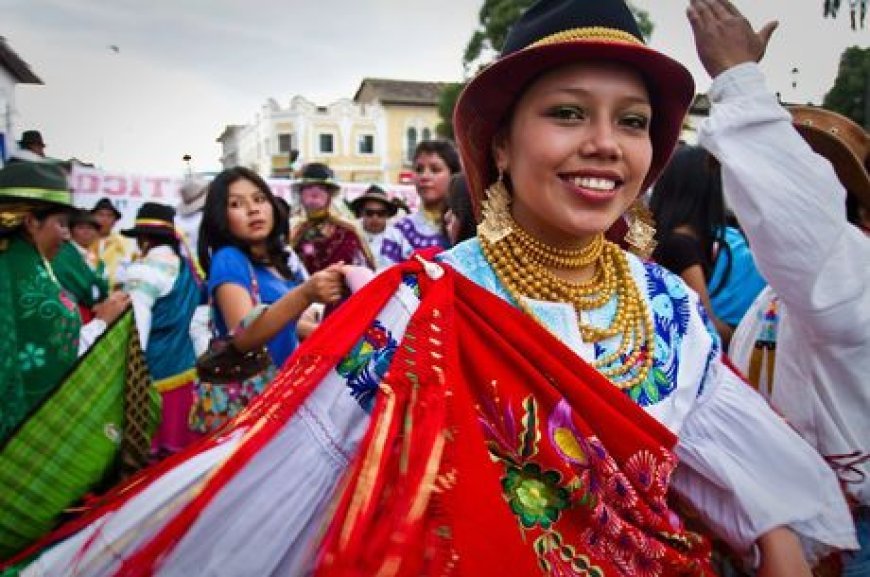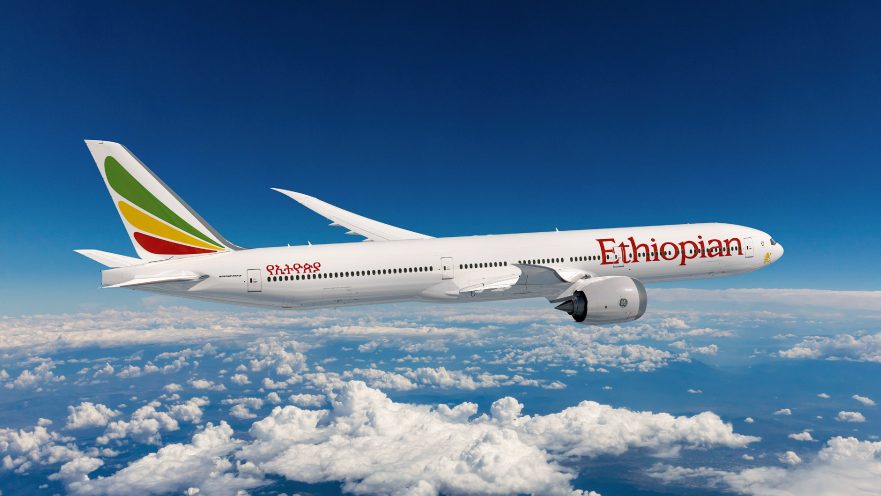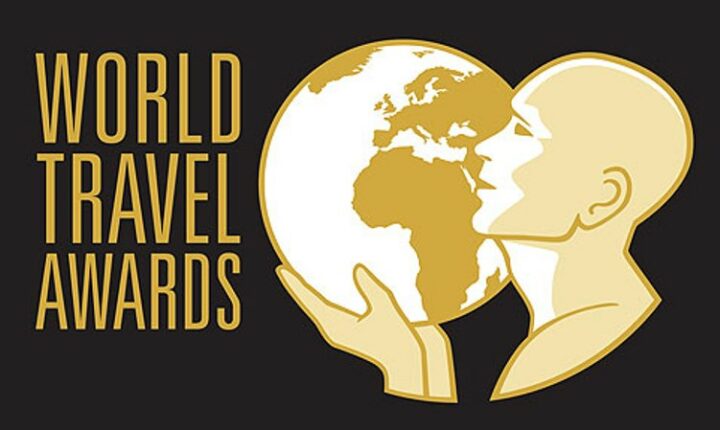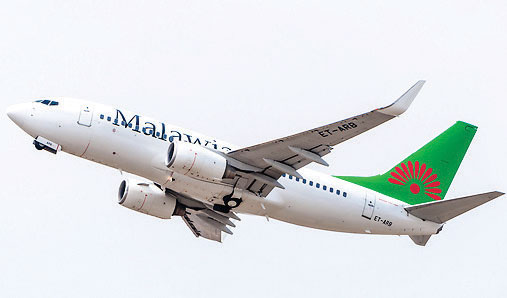UN Tourism and CAF Launch Indigenous Tourism Challenge for Latin America and the Caribbean

In a joint effort to promote sustainable development and cultural diversity, UN Tourism and CAF – Development Bank for Latin America and the Caribbean, have launched the Indigenous Tourism Challenge – Latin America and the Caribbean. This initiative seeks to identify and support innovative tourism projects that highlight the richness of cultural expressions and the relationship with the environment of Indigenous peoples in the region.
Indigenous tourism allows communities to feature and revitalize their cultures through authentic tourist experiences. It makes it possible for travellers to get to know native peoples, by experiencing first-hand their traditions, customs and ancestral knowledge. Through this type of tourism, Indigenous communities foster their autonomy and sustainable development, preserve their cultural identity and strengthen their role in the management of their heritage and tourism as an economic activity.
The challenge is designed to make indigenous tourism a key driver for economic development, while deeply respecting community autonomy, ancestral traditions and the natural environment on which Indigenous peoples' lives depend.
What does the challenge seek? The initiative focuses on projects that promote:
- Economic empowerment: Proposals that promote the economic autonomy of Indigenous communities, increasing their capacities to directly manage the benefits of tourism.
- Cultural preservation: Initiatives that safeguard traditions, languages, rituals, and other cultural expressions through tourism experiences that directly take communities into account.
- Gastronomy promotion: Activities that promote the culinary traditions of the region, with the participation of local producers and markets.
- Community innovation: Disruptive initiatives that add value to the tourism sector without altering the traditional way of life of communities and that take them into account.
Prizes and benefits for participants
Finalists will receive specialized mentoring, access to global networks in the tourism sector, and unique opportunities for international visibility. The winning project will receive investment backing of USD 10,000, as well as support to implement its initiative.
The indigenous tourism that UN Tourism has been promoting for a decade is not only a way to promote the artistic and culinary expressions or knowledge of Indigenous peoples; it is also a tool to protect the traditions and ancestral wisdom that characterize the region. We encourage young people to come forward and lead the way for sustainable development in communities. Because the future of tourism is theirs, it is in our hands to ensure that the most human of economic sectors shines and flourishes. Natalia Bayona, Executive Director of UN Tourism
This is an invitation to undertake experiential tourism projects that make it possible to learn from the culture and knowledge of our 'elder brothers'. This living culture is a treasure of Latin America and the Caribbean given that we have more than 800 Indigenous peoples and their population is 10% of the region. The application period is open until 15 June and the presentation of the winner will be made on 9 August, the International Day of the World's Indigenous Peoples. Oscar Rueda García, CAF's Director of Tourism
UN Tourism and CAF invite entrepreneurs, tour operators, community associations, and entities dedicated to the development of indigenous tourism to participate in this call and contribute to the strengthening of the sector in the region.
Participate in the challenge here
About UN Tourism
The World Tourism Organization (UN Tourism) is the United Nations agency responsible for the promotion of responsible, sustainable and universally accessible tourism.
As the leading international organization in the field of tourism, UN Tourism promotes tourism as a driver of economic growth, inclusive development and environmental sustainability and offers leadership and support to the sector in advancing knowledge and tourism policies worldwide.
Our Priorities
Mainstreaming tourism in the global agenda: Advocating the value of tourism as a driver of socio-economic growth and development, its inclusion as a priority in national and international policies and the need to create a level playing field for the sector to develop and prosper.
Promoting sustainable tourism development: Supporting sustainable tourism policies and practices: policies which make optimal use of environmental resources, respect the socio-cultural authenticity of host communities and provide socio-economic benefits for all.
Fostering knowledge, education and capacity building: Supporting countries to assess and address their needs in education and training, as well as providing networks for knowledge creation and exchange.
Improving tourism competitiveness: Improving UN Tourism Members' competitiveness through knowledge creation and exchange, human resources development and the promotion of excellence in areas such as policy planning, statistics and market trends, sustainable tourism development, marketing and promotion, product development and risk and crisis management.
Advancing tourism's contribution to poverty reduction and development: Maximizing the contribution of tourism to poverty reduction and achieving the SDGs by making tourism work as a tool for development and promoting the inclusion of tourism in the development agenda.
Building partnerships: Engaging with the private sector, regional and local tourism organizations, academia and research institutions, civil society and the UN system to build a more sustainable, responsible and competitive tourism sector.
Our Structure
Members: An intergovernmental organization, UN Tourism has 160 Member States, 6 Associate Members, 2 Observers and over 500 Affiliate Members.
Organs: The General Assembly is the supreme organ of the Organization. The Executive Council take all measures, in consultation with the Secretary-General, for the implementation of the decisions and recommendations of the General Assembly and reports to the Assembly.
Secretariat: UN Tourism headquarters are based in Madrid, Spain. The Secretariat is led by the Secretary-General and organized into departments covering issues such as sustainability, education, tourism trends and marketing, sustainable development, statistics and the Tourism Satellite Account (TSA), destination management, ethics and risk and crisis management. The Technical Cooperation and Silk Road Department carries out development projects in over 100 countries worldwide, while the Regional Departments for Africa, the Americas, Asia and the Pacific, Europe and the Middle East serve as the link between UN Tourism and its 160 Member States. The Affiliate Members Department represents UN Tourism's 500 plus Affiliate members.
What's Your Reaction?
 Like
0
Like
0
 Dislike
0
Dislike
0
 Love
0
Love
0
 Funny
0
Funny
0
 Angry
0
Angry
0
 Sad
0
Sad
0
 Wow
0
Wow
0












































